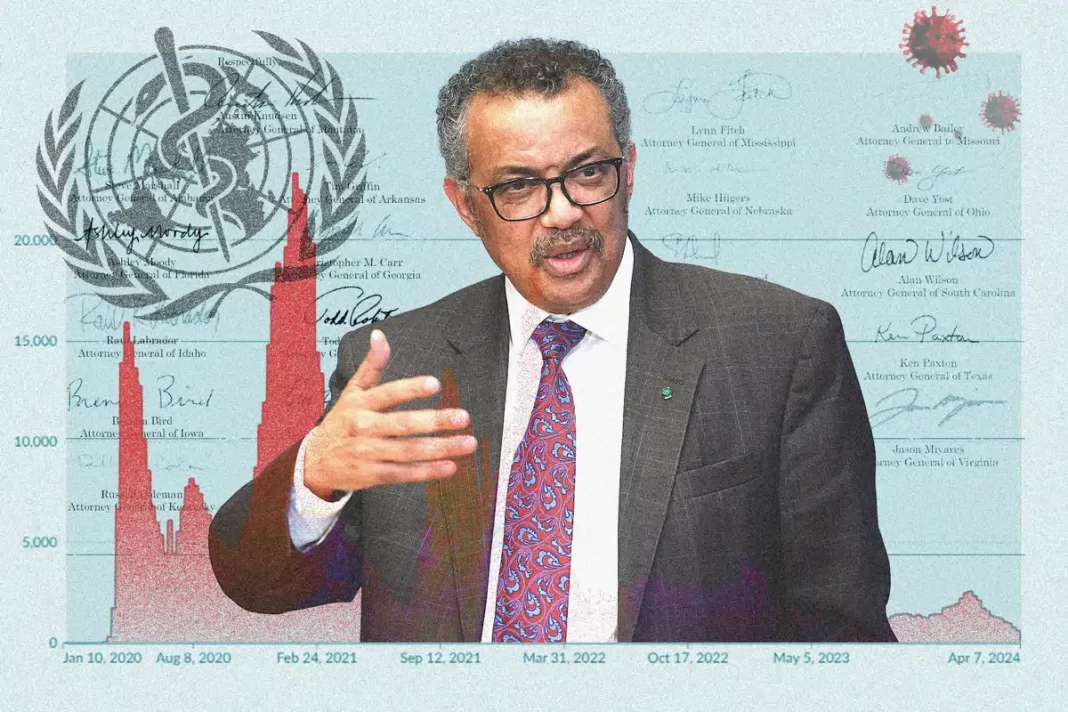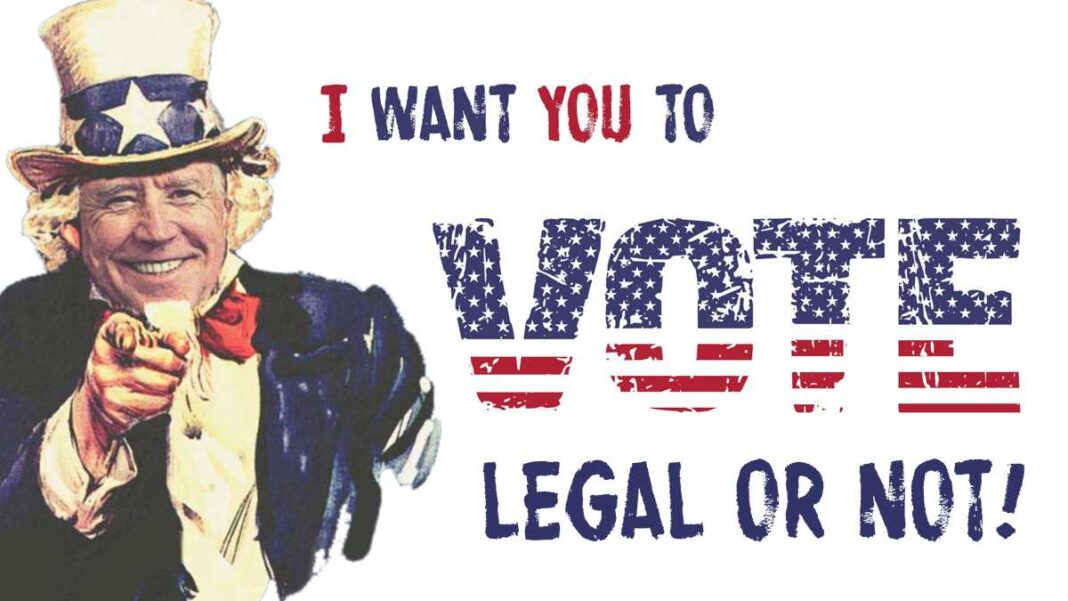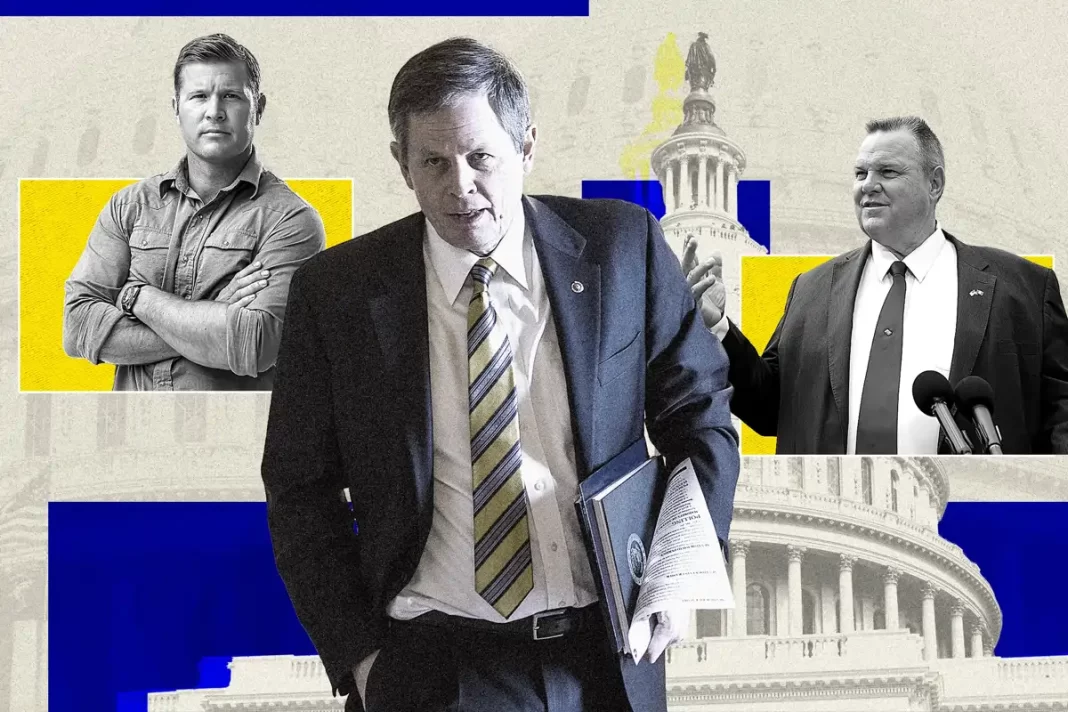‘Ultimately, the goal of these instruments isn’t to protect public health,’ states a letter in opposition from 22 state attorneys general.
The World Health Organization (WHO) has watered down some provisions of its pandemic agreements ahead of the upcoming World Health Assembly on May 27. Critics in the United States, however, say the changes don’t do enough to address the concerns over the policy.
Provisions in prior drafts of the WHO pandemic treaty and International Health Regulations (IHRs) together aimed to effectively centralize and increase the power of the WHO if it declares a “health emergency.”
The release of the latest draft of the amendments, dated April 17, are the first public update on the IHR draft, which was initially made public early 2023.
“In most areas, and for all of those which most concerned us from a legal perspective, the interim draft reflects a major retreat by the WHO Working Group from the text of the original proposals,” write English solicitors Ben and Molly Kingsley in an April briefing paper regarding the new amendments.
Some WHO-watchers remain wary, however.
“Practically all the bad things are still there,” Dr. Meryl Nass, a U.S.-based physician and vocal critic of the WHO agreements, told The Epoch Times.
“The language is gentler, but since there is so much to be decided later it is not clear the gentler language is meaningful,” Dr. Nass said.
“My best guess is that they are desperate to get something passed, so the options are likely to be either a vanilla version of the treaty … or a delay. But they fear delay because people are waking up.”
The WHO and its advocates—including celebrities, politicians, and religious groups—have launched a global campaign urging the 194 member states to sign the documents.
“Give the people of the world, the people of your countries, the people you represent, a safer future,” WHO Director-General Tedros Adhanom Ghebreyesus said at a May 3 Geneva meeting. “I have one simple request: please, get this done, for them.”
He urged any countries that don’t support the agreements to refrain from encouraging other states to oppose it.









